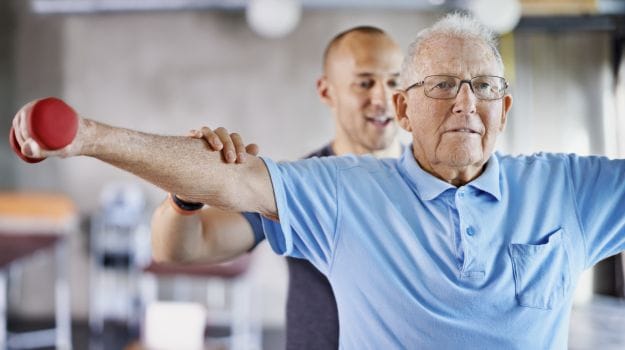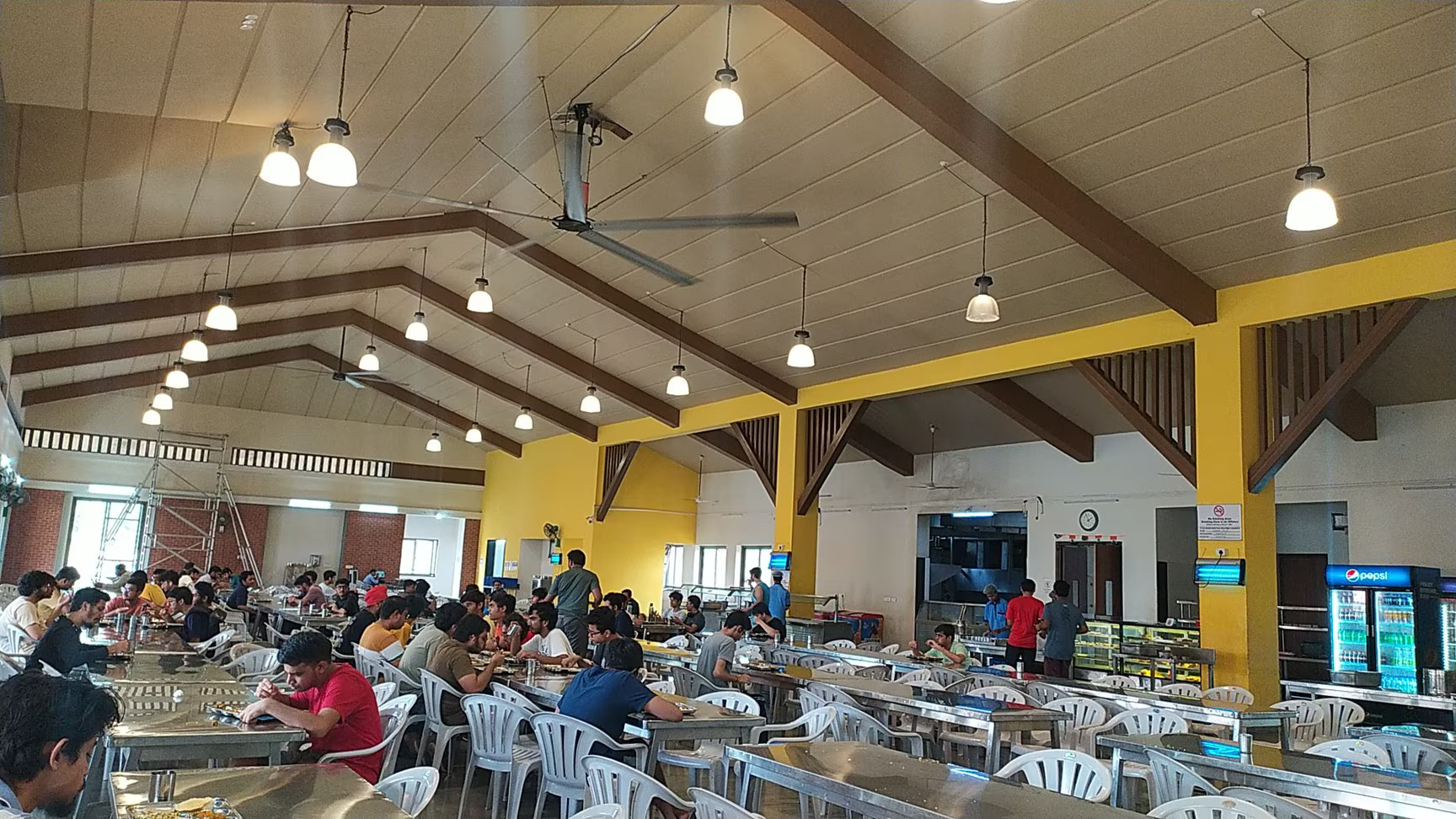To find these results, experts studies the impact of these attributes in over 8,000 men and women aged 52 and older. It was seen that people who have more life skills enjoyed better physical health which was traced with the help of biomarkers in the blood such as lower levels of cholesterol and of C-reactive protein - a marker of inflammation relevant to a number of different diseases. Moreover, they had smaller waistlines than people with a few life skills signifying better health as fat accumulation is particularly relevant to metabolic and cardiovascular diseases.

Not just this, people with more skills walked significantly faster than those with fewer skills. Walking speed is an objective measure which predicts future mortality in older population samples, the researchers explained. It was also noted that amongst the above five critical life skills, no single attribute was more important than the others. In fact, the effectiveness depended on the accumulation of a group of life skills. The researchers were rather surprised by the range of benefits one can acquire by developing these simple life skills and how they can really help them in the long run. Be it economic, social, psychological, biological, or health and disability related - the benefits spilled into different area of their life and issues that one may have to face as they grow old. Therefore, these experts suggest that it is important to nurture and maintain these life skills for our overall health and well-being - be it physical, mental or social during old age.












